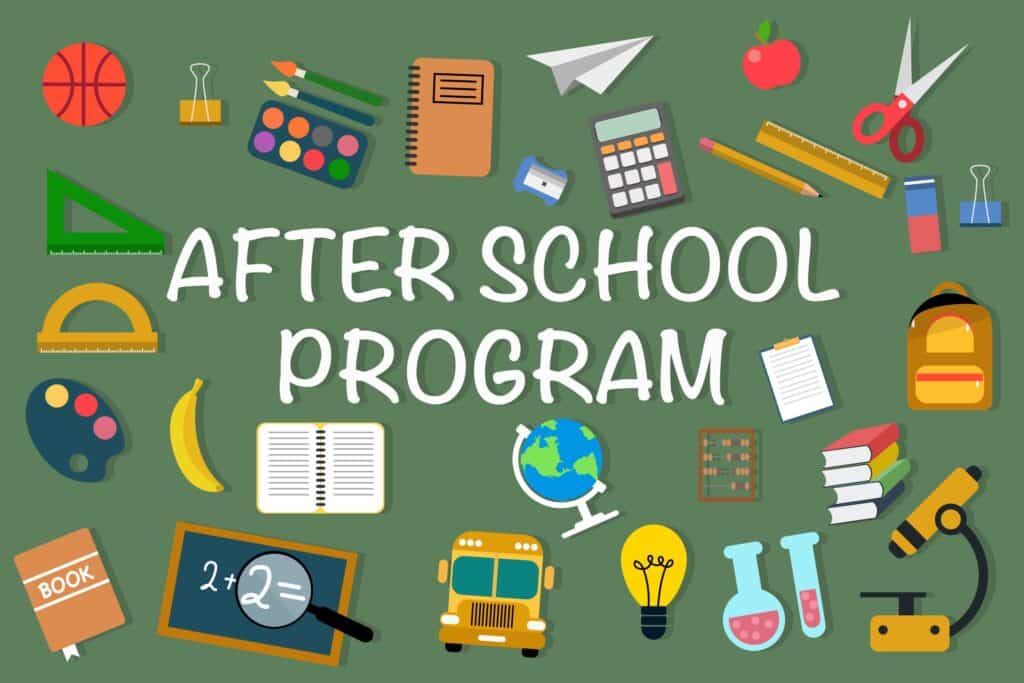The number of children entering schools in the United States speaking little to no English has grown in the past decade to appropriately 5 million students as of 2019, says the National Center for Educational Statistics. With the increase of non-English speaking students, English as a Second Language (ESL) after-school programs has become increasingly popular. These programs allow students to develop their language skills “after the bell” so they can easily integrate the language into their regular classroom setting. They also provide numerous benefits for students who are learning English as a second language. Here are a few of those benefits.
Improve Language Skills
“After the bell” ESL after-school programs provide students with additional opportunities to practice speaking, reading, and writing the English language. With regular, daily practice and repetition ESL students can improve their language skills so they will feel more confident in their ability to communicate in English. These programs often also provide students with individualized instruction, which allows students to receive more focused attention from the teacher, which can help students improve their language skills more quickly.
Boost Academic Performance
Students who participate in ESL after-school programs are subjected to daily practices that help improve their English language skills which can in turn lead to better academic performance. With improved language skills as well as the ability to communicate more effectively with others, students will have the increased confidence to participate more in classroom discussions. This increased confidence can lead to improved grades and test scores.
Help Develop Students Social Skills
ESL after-school programs provide a safe and supportive environment for students to interact with their classmates and build social skills. This can lead to greater self-confidence and a sense of belonging among peers. Oftentimes after school programs provide immersive learning experiences where students are surrounded by English-speaking students and are encouraged to use English in all aspects of the program. This can be a helpful way for students to develop their language skills more quickly and effectively as well as learn how to better interact with their peers.
Increase Student Confidence
Another benefit of an ESL after-school program is that it provides English learners with opportunities to practice their English language skills in a safe learning environment where students don’t feel judged. This type of atmosphere can help students build their language proficiency and feel more confident about their ability to communicate effectively in English. Since most programs offer personalized learning, students can feel more confident about their ability to learn and improve their English language skills.
Build a Sense of Community
These after-school programs can help build community by bringing together students from diverse backgrounds. Oftentimes students who participate in these programs are from different cultures and backgrounds. By bringing these students together in a safe learning environment, the program helps to promote mutual respect and understanding. It can also help to foster a sense of belonging. Some students may feel isolated in their regular classroom setting, so these programs can help students to feel connected to others who share similar experiences and challenges as they do.
Increase Parental Involvement
Parents of ESL/ELL students often find it difficult to play an active role in the lives of their children’s education mainly due to the challenges of their language barrier. ESL programs provide parents with opportunities to be involved in their child’s education and to learn more about the school system by offering them workshops to help parents understand the school system and support their child’s language development. They also provide opportunities for parents to be involved by offering volunteer opportunities to help parents feel more connected with their child’s education.
Improve Communication with Teachers
Some teachers may find it difficult to communicate with their ESL students during their regular classroom hours. Therefore, a benefit of an after-school program is having a dedicated space to help teachers and students communicate effectively. This space can be used to discuss student progress, address concerns anyone may have, or even share any resources that may help better communication. Some programs offer teachers professional development opportunities to improve their communication skills, while others utilize technology as translation services to help overcome language barriers and facilitate communication.
Expose Students to Other Cultures
English as a second language and English language learners “after the bell” programs are often a multicultural learning environment where students from different countries and cultures learn and practice the English language together. This type of learning environment provides opportunities for students to learn about and experience different cultures, helping to broaden their perspectives and understanding of the world. By interacting with students from different backgrounds, students can learn about different traditions, customs, and languages. It also provides opportunities for students to practice their language skills with native speakers allowing them to improve their language skills.
ESL after-school programs offer numerous benefits to students who are learning English as a second language. These programs provide a safe and supportive learning environment for students to practice their language skills, build their confidence, and develop meaningful relationships with their peers and teachers. Through engaging activities, students can improve their language proficiency as well as their academic performance. Additionally, ESL programs can also offer benefits to families.
By supporting students’ language development, these programs can help parents better communicate with their children and help them become more involved in their child’s education. Moreover, as students become more proficient in learning English, they are better equipped to navigate not only while they’re at school, but the world around them.
Do you have a passion for ESL learner education? Check out our dual language graduate programs and take your next step today!




